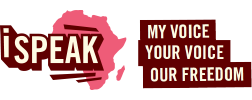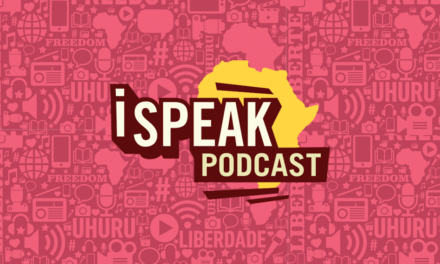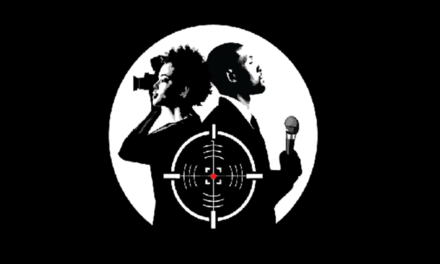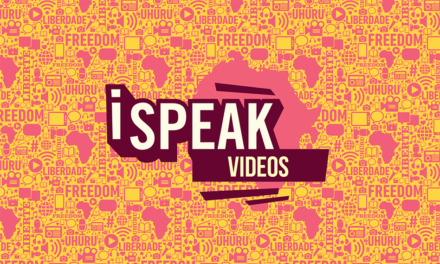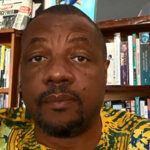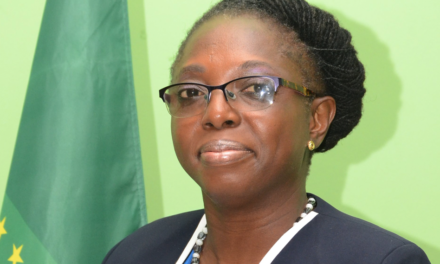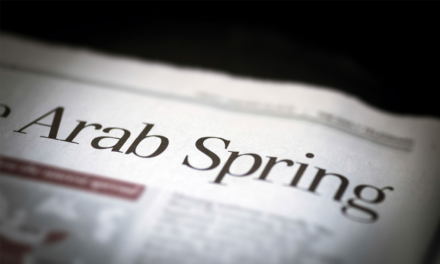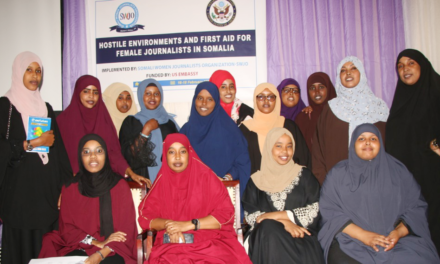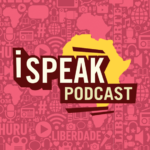
Journalism under digital siege
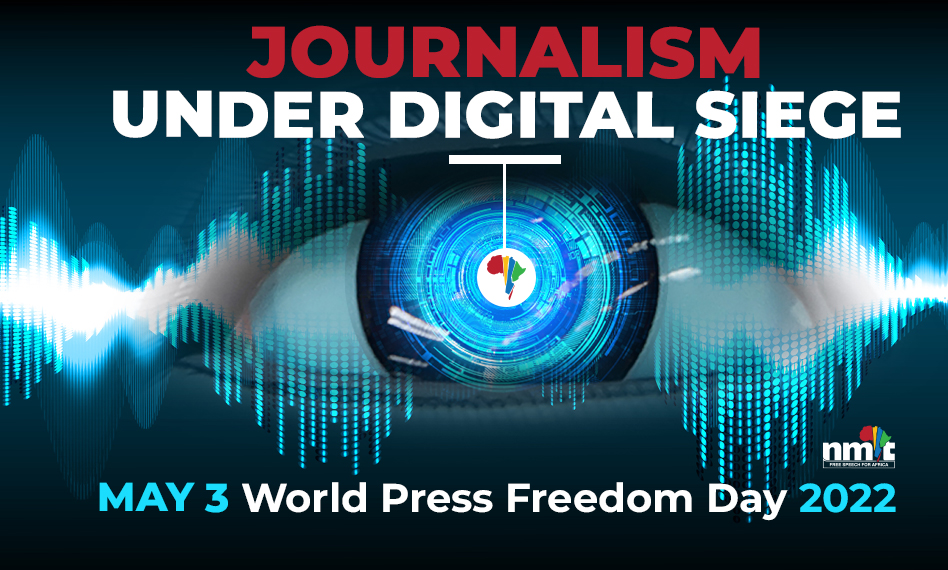
Last year, media freedom, freedom of expression and access to information advocates virtually and physically joined journalists in the host country Namibia – the birthplace of the Windhoek Declaration – to mark the 30th anniversary of World Press Freedom Day. By the time you read this, the 2022 global UNESCO hybrid celebration will have taken place over 7000km away in Punta del Este, Uruguay under the theme – Journalism Under Digital Siege to address the digital era’s impact on freedom of expression, the safety of journalists, access to information and privacy.
However many of Africa’s media freedom and FoE and ATI activists opted to meet (physically and virtually), closer to home in Arusha, Tanzania as guests of the East African Editors Society, the Tanzania Editors Forum, the Tanzanian government and of course UNESCO.
While ‘Journalism Under Digital Siege’ is undoubtedly one of the many pertinent issues facing the media in the region, continental colleagues will also explore the many threats they are facing. For some time the media industry was able to temporarily to deflect many of the issues they were grappling during the pre-pandemic era, but many of these concerns came bubbling to the surface during the onset of COVID-19 on the African continent.
Media viability, the spread of disinformation and misinformation while struggling to maintain professionalism and credibility, a rise in threats and attacks and restrictive laws are just some of the pertinent issues that will be interrogated during this period.
The reality right now is that journalism and journalists on the African continent are at risk of increased financial, physical and legal pressure. If the media freedom average of the continent were to be measured – the needle would be to the right of centre – as governments across Africa continue curtailing media freedom.
As the latest Amnesty International report launched at the end of March points out: “governments took measures to close civic space and curtail media freedom, and weaponised sedition, terrorism and criminal defamation laws.
The most insidious of these curtailments is the use of cybercrime and other legislation that is being used to silence critics and particularly the media holding power to account. As the latest Amnesty International report launched at the end of March points out: “governments took measures to close civic space and curtail media freedom, and weaponized sedition, terrorism and criminal defamation laws.
In Angola, Burkina Faso, DRC, Madagascar, Senegal, Tanzania, Togo and elsewhere, newspapers and radio and TV stations were suspended. Internet disruptions and shutdowns and suspension of social media were recorded, including in Eswatini, Niger, Nigeria, Senegal, South Sudan, Sudan, Uganda and Zambia.
In her analysis, UN Special Rapporteur on the situation of Human Rights Defenders, Mary Lawlor noted that “journalists, whistleblowers, academics, lawyers and others exposing or fighting corruption face severe risks.” She added that human rights defenders who are journalists and bloggers continue to be target for their vital work in revealing corruption and holding officials to account”.
In her report to the General Assembly in December 2021, Special Rapporteur Lawlor makes particular mention of Samira Sabou – a journalist and blogger in Niger who along with a colleague Moussa Aksar was charged under Niger’s cybercrime law. She also pointed out that “women human rights defenders, in particular, are frequently targeted and vulnerable to smear campaigns, sometimes involving artificial intelligence tools, such as synthetic media, known as deep fakes which are aimed at tarnishing individual reputations.”
But not all is dark and dismal. The continent is also able to focus on the progress made and the victories that were secured.
The persistency by investigative journalism unit amaBhungane in pushing for oversight mechanisms, has changed how surveillance is conducted in South Africa. The case was brought to court by amaBhungane after its co-founder Sam Sole, had been subjected to illegal surveillance by the state in 2008.
In a milestone judgment, the Constitutional Court ruled that the country’s surveillance law – Regulation of Interception of Communications and Provision of Communication-Related Information Act (Rica) was unconstitutional, because of its weak safeguards, and violated journalists’ right to protect sources.
South Africa, which is one of Africa’s most progressive democracies, will now amend its surveillance law in line with international human rights and privacy protection standards as instructed by the court.
The support given to the Botswana Editors Forum and the Press Council of Botswana by, MISA Botswana, MISA-Regional, the Southern African Editors’ Forum (SAEF), the Campaign for Free Expression (CFE) and the WAN-IFRA Media Freedom Committee led to changes in Botswana’s Criminal Procedure and Evidence (Controlled Investigations) Bill.
A notable win for freedom of expression and digital rights in Zambia was when Chapter One Foundation reached a consent judgment in which the country’s regulatory body agreed not “to act outside it’s legal authority and/or control to interrupt the flow of access to the internet going forward”.
During Zambia’s watershed election of 2021, telecommunications regulator Zambia Information, Communication Technology Authority’s (ZICTA) blocked WhatsApp, Facebook, Instagram and Messenger platforms. Chapter One Foundation took the regulator to the High Court, to compel the regulator to restore internet services.
There is much for the continent to reflect on and discuss this World Press Freedom Day!
